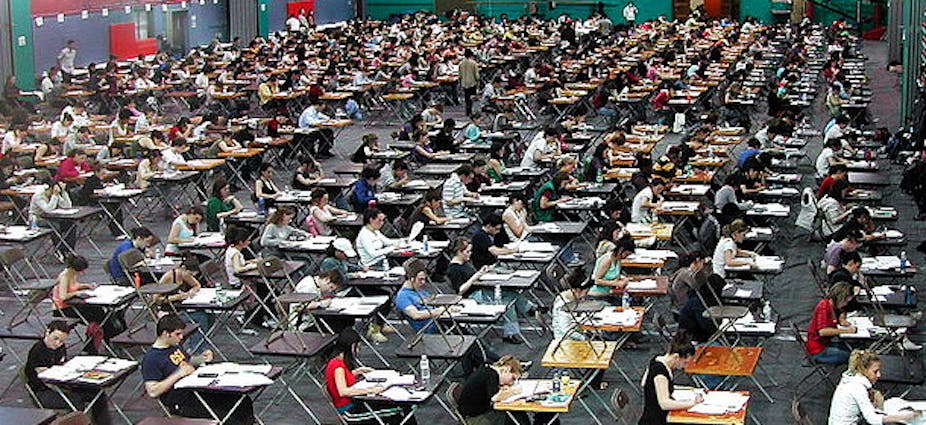
Sometimes the most powerful features of ideas are hidden by virtue of their familiarity. While philosopher Ludwig Wittgenstein did not have higher education in mind when he made this observation, its relevance to the field is striking.
Take the claim that Australian higher education is international. State it, and most people take a mental shortcut and assume that it means international students learning here, and short study abroad opportunities for local students.
But a much bigger idea of international higher education is possible. And by bigger, I don’t mean impractical.
This isn’t an aspiration or a set of values that never go to ground and which are doomed to gather digital dust in policy websites or five-year plans.
This vision of higher education begins with something that every university does as a matter of course. Its founded in the development and accreditation of degree programs. And it leads to greater international study opportunities and opens up the global job market for all students.
From July this year, a new Australian Qualifications Framework begins to take effect. Much has been said – and debated – about the framework. And one can’t help but feel that implementation will be, for many, a desktop exercise in which boxes are ticked and lamentations are heard about the constraints set down by the “new rules”.
Monash University is choosing to think differently about the change. We see it as an opportunity to better realise an international vision of higher education via connection to a global qualifications framework.
There are over 120 qualifications frameworks globally, and counting. Most are national, like the Australian one.
But some operate on a much bigger scale, and deliver benefits for students and teaching staff that are often latent in national frameworks.
The biggest is the European Qualifications Framework, which has 47 signatories (and many more expected by the end of the year).
The European appeal of this framework is clear: map the learning outcomes of your programs to it, and you connect them to the 47 national frameworks that sit under it. From there, multiple benefits flow.
Recognition of qualifications across national boundaries makes student and staff mobility more plausible than ever before.
Moreover, shared outcomes provide a starting point for the cooperative development of programs. Teacher expertise and learning technologies can be shared, and “best of peer” approaches can be taken to enhance the quality of programs.
This is not to suggest that the path to recognition is simple – in some cases deep-seated changes to secondary education, as well as to the structure and nature of university programs have been needed.
Nor has it meant the emergence of a “one-size-fits-all” model for the higher education sector.
The beauty of the European framework is that by focusing on the skills and abilities you expect students to demonstrate at the completion of a program—rather than the names of programs—you make it possible for them to experience the nuances of different national systems. They can live out the intercultural dimensions of the global economy, rather than simply read about them.
The European framework is now global. Thirty-two small states from the Commonwealth, for instance, have used the framework to develop their own national statements. They now pool resources to provide online and on-campus programs that few could offer students singlehanded.
Not all nations have qualifications frameworks, but they frequently share affinities with nations that do. These frameworks provide a starting point for truly collaborative program development.
The appeal of the framework to a global university like Monash is also clear. We have long accredited courses for delivery in Malaysia and South Africa as well as in Australia, and in these and countless international partnerships, we work to achieve alignment with various national qualifications frameworks.
Monash is also committed to practising education as internationalisation, and will proudly signal the national and global alignment of its degrees in the Australian Higher Education Graduation Statement that all graduands receive.
Not all students can study abroad during their time at university, but they should be given access to programs that demonstrate a commitment to lifelong mobility for learning and work, and that are built from the best that the world offers.

